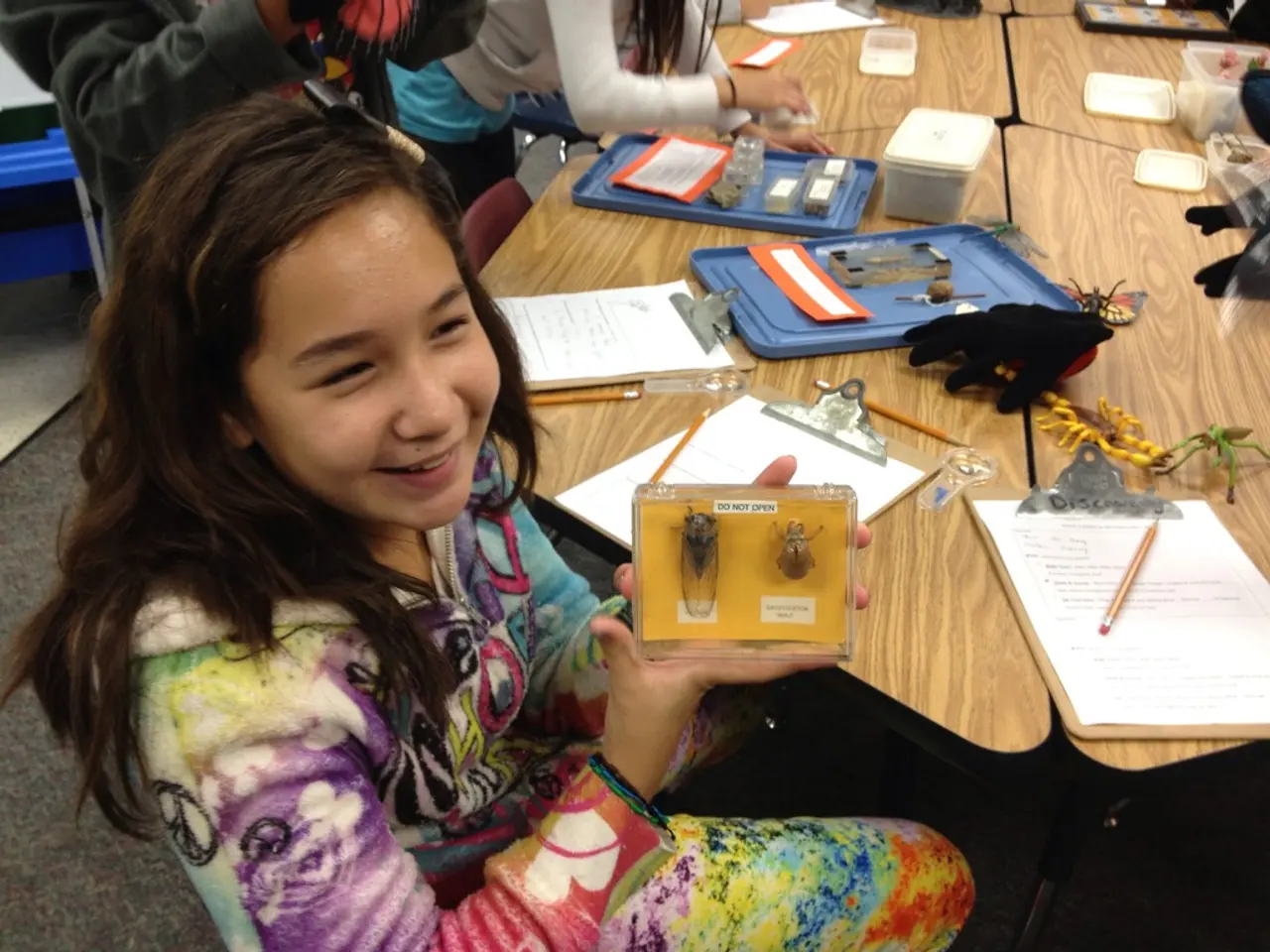Health screening for adolescents is the reason explained.
The J1 examination, also known as the Jugendgesundheitsuntersuchung or J1-Untersuchung, is a crucial preventive medical check-up for adolescents in Germany, typically conducted between the ages of 12 and 14. This examination aims to assess the physical, mental, and social health of young people as they transition from childhood into adolescence.
Purpose:
The J1 examination serves several key purposes. It screens young people for health issues that may affect their development and well-being. The examination also provides a platform to discuss topics relevant to adolescence, such as growth, nutrition, sexuality, mental health, substance use, and social challenges. Furthermore, it offers health education and advice to promote a healthy lifestyle and identifies and prevents potential health risks early on.
Process:
During the J1 examination, a pediatrician or general practitioner conducts a detailed medical history review, followed by a physical examination that includes measuring height, weight, vision, hearing, and posture. Discussion topics typically cover puberty, sexual education, contraception, nutrition, physical activity, vaccination status, mental health, alcohol and drug use, and social environment (school, family, peers). Adolescents are encouraged to ask questions and talk confidentially about their concerns. Parents may attend part of the consultation, but the adolescent's privacy is respected.
What to Bring:
To facilitate the examination, it is essential to bring the child's health insurance card, the health booklet (Kinder-Untersuchungsheft) with records of previous check-ups and vaccinations, a list of any medications or ongoing treatments, and any questions or concerns the adolescent or parents want to discuss.
Who is Informed of the Results:
The doctor provides feedback directly to the adolescent and parents regarding the health status and any required follow-up. Results are documented in the health booklet. With the adolescent's consent, relevant findings may be communicated to schools or specialists if necessary for continued care or support. Confidentiality is maintained, especially regarding sensitive topics discussed by the adolescent.
Key Points:
- The J1 examination is offered to children and youth between the ages of 12 and 14.
- The examination is free of charge.
- An exception to confidentiality is made if a serious illness is diagnosed, and the parents will be informed.
- The German Medical Association considers vaccinations against hepatitis B and human papillomavirus (HPV) important before first sexual activity.
- Sometimes, a questionnaire may be required to be filled out before the appointment, and it should be brought along as well.
- The J1 examination includes a physical examination, which includes measuring body size and weight, listening to the heart and lungs, determining blood pressure, and examining the genitals (if the young person agrees).
- The J1 examination includes a preliminary discussion about health status.
- Participation in the J1 examination is voluntary. Less than half of families take advantage of the J1 examination, compared to over 90% for U examinations.
- The J1 examination takes approximately half an hour.
- Young people can decide for themselves whether the doctor's office should inform their parents about the J1 results.
- Young people are advised to bring their health insurance card, immunization record, and if available, the yellow U examination record to the J1 appointment.
- The J1 examination includes a discussion of examination results and consultation, designed as a safe space to discuss various health topics.
- If a young person wishes, they can bring a friend to the J1 examination.
This examination is an important opportunity to promote healthy adolescent development and connect young people to necessary healthcare resources. It typically takes place once and complements other Child Preventive Health Examinations ("U-Untersuchungen") done earlier in childhood in Germany.
- The J1 examination discusses various health topics, including mental health, sexual health, and fitness and exercise, aiming to educate adolescents and identify potential health risks early on.
- The examination process includes a review of therapies and treatments such as contraception and vaccinations, ensuring young people are protected against serious diseases like hepatitis B and HPV.
- During the examination, health issues relevant to adolescence, such as social challenges, alcohol and drug use, and nutrition, are covered to promote a healthy lifestyle and maintain overall health-and-wellness for the young individuals.




